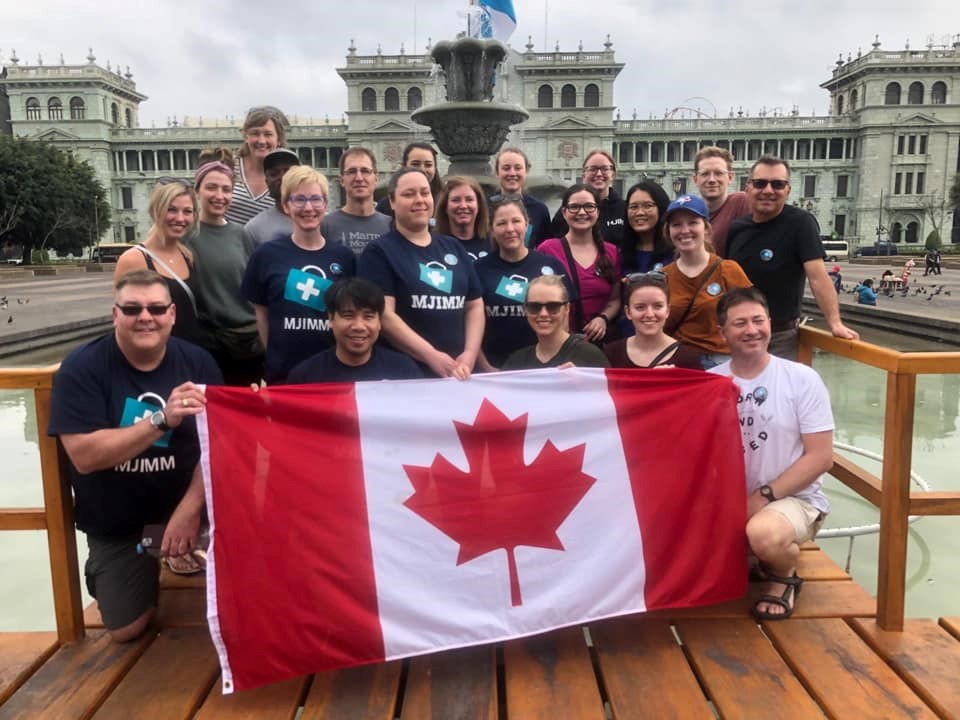The Moose Jaw International Medical Mission team has travelled to Guatemala for the past five years to provide health care there, but this year the group will stay closer to home due to the pandemic.
The volunteer medical group has put its travel plans to Patzun on hold due to the coronavirus pandemic, which has forced the Central American country to close its borders temporarily. The group’s goal is to travel to the country in March 2021.
“But for now, there’s no plans for it, other than our wishes and dreams, because it’s just not safe to travel there yet,” said Jackie Wilson, a registered nurse who works in the operating rooms and recovery rooms while in Guatemala. “We love going down there and doing our part to help out.”
Since the Moose Jaw International Medical Mission (MJIMM) team can’t be there physically, it plans to fundraise so it can send supplies instead. Some supplies it will send are sterile equipment, medications, bandages and other surgical gear. It is encouraging everyone to donate money through its Bridges of Hope website; the group had estimated it would cost $55,000 to support the Clinica Corpus Christi in Patzun this year.
The website is www.thebridgesofhope.com/campaign/mjmm.
Members of MJIMM plan to work in Moose Jaw in 2020 and possibly next year by helping other community organizations. Wilson noted the team is not sure who to support yet but is open to suggestions. One initiative already lined up is to serve meals to young people when Joe’s Place Youth Centre reopens.
Helping Guatemalans
For the past five years, Moose Jaw International Medical Mission has sent a team composed of surgical, medical and non-medical members to the Latin American country. This year it had planned to bring two full operating room teams, a medical team, and a work team, the latter that would install water filters and energy-efficient stoves in residents’ homes.
Those nurses and doctors would usually travel to clinics in communities around Patzun, a city of more than 26,000 people that is nearly two hours west of the capital of Guatemala City.
The need for health care in the Patzun area is immense since many suffer without any hope of treatment, the team’s Bridges of Hope webpage explained. Even installing water filters and stoves would help families change their lifestyles so they face fewer health risks.
“The health-care situation with the people that we work with is quite challenging,” Wilson said. “They’re very remote up in the mountain areas and they don’t travel very much for any sort of health care. They’ll just kind of count on home remedies and those kind of things; they’re just maybe not willing to leave their home for it.”
There are few health-care clinics in most areas that residents can visit, at least not until the MJIMM brings its mobile services to remote communities, she continued. Once on scene, it becomes quite rewarding to help those people who need support.
What Wilson particularly enjoys is working with the local nurses and teaching them more health-care skills so they can better serve their communities. Since the Canadian medical team has a higher level of education and training, members are excited to team up with the nurses since they work hard and love learning how Canadians handle medical situations.
“The patients are (also) so grateful for our care while we’re down there,” continued Wilson, adding with a laugh that she speaks the language “very poorly,” but does her best while there.
Besides the Bridges of Hope website, Moose Javians can also donate to the Moose Jaw International Medical Mission through its Facebook page.




